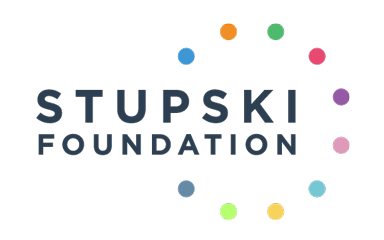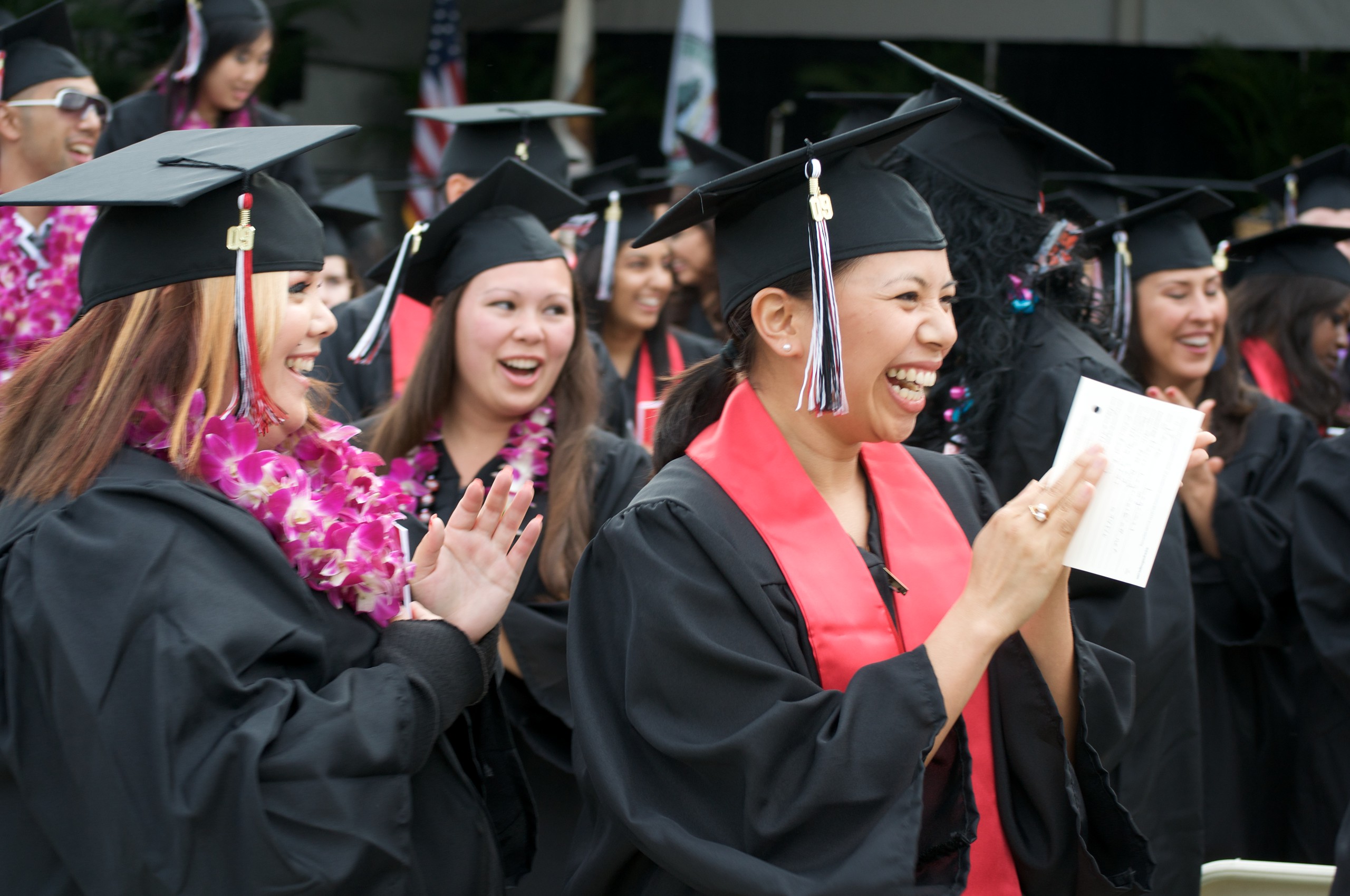Stupski Foundation invites organizations to apply for funding to support efforts to make college more affordable in 1) Hawaiʻi, 2) San Francisco or Alameda Counties, and/or 3) state or national collaboratives that work in those locales.
We invite interested organizations working on solutions to make college more affordable to submit a high-level one-page description of their work to be considered for funding. We are seeking organizations that employ and are informed and led by Asian American, Black, Indigenous, Latino, Native Hawaiian, Pacific Islander, and other people of color who are representative of the communities where they work and primarily focus their efforts in 1) Hawaiʻi, 2) San Francisco or Alameda Counties, and/or 3) state or national collaboratives that work in those locales.
Apply with a one-page concept note by April 15, 2022 at 5 PM Hawaiʻi Standard Time, for up to $500,000.
Selected finalist organizations will be invited to submit a full proposal for funding due on June 13, 2022.
About This Opportunity
At Stupski Foundation, we envision a world where all students are equipped to complete the higher education of their choice and pursue a life and career that fulfills and sustains them. We specifically aim to increase postsecondary graduation and living wage career attainment in the Bay Area and Hawaiʻi among students of color, students from rural communities, and students from under resourced communities. Along with our investments in improved advising, paid work-based learning opportunities, and college affordability for all students, we hope to impact not just individual services and students but to also help cultivate more flexible, affordable, and student-centered systems of education and work.
Because the cost of attending college continues to rise, the prospect of earning a college degree is increasingly out of reach for many students. We invite proposals for policies, programs, and interventions that address the barriers to college affordability. Specifically, we will prioritize funding for proposals that:
- Address systemic issues related to college affordability, with an emphasis on helping the most students save the most amount of money and/or minimize debt.
- Hold the potential for the greatest financial impact on underrepresented students’ abilities to pay for college and living expenses.
- Address not only increasing college fees and tuition but also the high living costs for students in the Bay Area and Hawaiʻi.
- Are sustainable with the potential to impact students beyond the grant funding.
Examples of projects we will consider for funding include, but are not limited to, the following: policy and advocacy initiatives targeting free tuition; programs expanding basic needs services to students; projects to expand existing College Promise programs; financial aid modernization and process improvement initiatives; and pilots and innovations that have the potential for significant college cost savings.
Eligible organizations for this funding opportunity include 501(c)(3) community-based organizations and policy/advocacy organizations, collaboratives, institutions, and government agencies that are prioritizing systems change initiatives.
Who Should Apply
- Organizations/collaboratives that serve Hawaiʻi, San Francisco or Alameda Counties, and/or state or national collaboratives that work in those locales
- Organizations that employ, are informed by, and led by the communities they serve. We will prioritize funding to organizations led by Asian American, Black, Indigenous, Latino, Native Hawaiian, Pacific Islanders, and/or other people of color and organizations that demonstrate a history of working with communities of color.
- Nonprofit or fiscally sponsored organizations
How To Apply
For this pre-proposal application, please submit a one-page concept paper that includes a brief overview of your organization’s planned efforts to advance college affordability solutions including:
- The vision and goals for your proposed initiative/project
- A description of how your project advances equity
- A description of how your leadership is informed and led by the communities you serve
- An estimated grant budget (up to $100,000 per year, up to five years, for a total of up to $500,000). The budget should be proportional to organizational maturity and project scope. Stupski encourages a diverse mix of projects at all funding levels.
The Foundation’s Postsecondary Success team will independently review each organization’s website and other publically available materials. We anticipate receiving more applications than we can fund. After we make a decision, we will send applicants an email indicating their proposal status. In this initial phase, we anticipate funding a total of 10–12 organizations. If we do not invite your organization to submit a final application in this round, we may still invite you to do so in the future.
What We Do Not Fund
At this time, the Foundation is generally unable to fund:
- Proposals that do not reflect the priority strategies outlined above
- Individuals
- Academic research (without implementation plans or community-based organizations partnerships)
- For-profit institutions or for-profit programs
- Programs or initiatives that do not prioritize communities with immigrants, refugees, and people of color in low-income areas
- Requests for endowments, lobbying1, or voter registration funds
Key Dates
- March 28, 2022—We hosted an optional online information session to answer FAQs about the application process. Watch a recording of the session here (password: Stupsk!PSS2022RFP) and read responses to the most frequently asked questions in the dropdown menu below. Please note that to ensure equity, we will not be able to meet individually with applicants.
- April 15, 2022—Please email your completed one-page concept paper to Malila Becton-Consuegra, Bay Area Postsecondary Success program officer, and Cheri Souza, Hawaiʻi Postsecondary Success program officer, at postsecondaryapplication@stupski.org.
- May 13, 2022—Stupski staff will send an invitation to submit a final proposal to selected organizations.
- June 13, 2022—Deadline for proposal submission.
- July 1, 2022—Grants awarded
FAQs
We are grateful for the thoughtful and candid questions that attendees brought to the information session and sent in via our question form. Below is a synthesis of key questions:
Yes, former grantees of Stupski Foundation may apply for this grant.
We encourage organizations that advance college affordability solutions in Hawaiʻi, San Francisco or Alameda Counties, and/or state or national collaboratives that work in those locales to apply. We also encourage organizations that engage in state and national collaboratives that work in the aforementioned geographies to apply.
We welcome national, state, regional, and local policy initiatives. We encourage national and state initiatives to include how their work will impact local students in the Bay Area and Hawai‘i as well.
We encourage one-page concept papers. For collaborative projects with multiple partners, we are open to one- to two-page papers to account for multiple partnerships.
Yes, you may link to webpages within the one-page concept paper; however, please focus the content of your proposal on the policies, programs, and interventions that address barriers for college affordability.
Yes, the one-page limit includes attachments.
We are open to reviewing concept papers that include narrative and/or data-based framing.
To ensure equitable access to information, we will not be able to meet individually with prospective applicants. We will hold an online information session on March 28, 2022 at 2PM PT/11AM HT, to answer FAQs about the application process. For those who are unable to attend, we will record the information session and post the recording on this webpage.
Are there any stipulations around costs such as materials, delivery costs, and administrative costs?
Our goal is to provide flexible project funding, which can include direct and indirect costs.
Yes, we anticipate future cycles of an RFP focused on themes related to holistic student supports through a systems lens.
We encourage individual community-based organizations (CBOs) and collaboratives to apply. We recognize that some initiatives (whether individual CBOs or collaboratives) may have a larger budget than funding available in this invitation. We encourage applicants to include a budget that reflects the funding amount they seek, even if available awards are less than the requested amount. We will revisit flexible funding of initiatives during the review process and be in touch to request clarifying information.
Yes, so long as your proposal addresses systemic issues related to college affordability, with an emphasis on helping the most students save the most amount of money and/or minimize debt.
Yes, so long as your proposal addresses systemic issues related to college affordability, with an emphasis on helping the most students save the most amount of money and/or minimize debt.
We realize that each organization is unique. Therefore, we will work in partnership with grantees to co-develop learning and evaluation outcomes and reporting requirements. We also welcome reports written for other funders relevant to the project because we acknowledge the significant lift that grantees undertake to prepare such reports. In general, we tend to focus more on informal learning check-ins versus formal data collection and reporting.
Yes, so long as your proposal addresses systemic issues related to college affordability, with an emphasis on helping the most students save the most amount of money and/or minimize debt.
Yes, collectives can apply for this grant. Please specify in your application who is the backbone/lead organization.
We are prioritizing systems change initiatives. However, we encourage direct service organizations to apply so long as they can frame their work through a systems lens. Approaches to systems change can include, but are not limited to, sharing key learnings that can be applied to a larger group of students, impacting students beyond those in a program the organization serves, implementing projects that have the ability to scale, and engaging in youth voice and organizing work on issues of college affordability.
Unfortunately, work-based learning and career interventions are not eligible for this funding. However, we believe work-based learning is an impactful intervention to help students of color attain a postsecondary degree and/or family-sustaining wages. We are happy to discuss funding for future work-based learning initiatives separate from this initiative.
We support gradual funding so long as the total budget does not exceed $500,000.
Stupski Foundation will prioritize concept papers that 1) focus on systems change and have the potential of impacting a large number of students, 2) have a viable sustainability plan, 3) focus on students of color (specifically Asian American, Black, Latino, Indigenous, Native American, Native Hawaiian, and Pacific Islander students), 4) have organizational leadership and a mission that is represented by and focuses on meeting the needs of the aforementioned communities, and 5) contain a budget that aligns with the scope of the proposed initiative.
We encourage one concept paper per organization or institution. There are some exceptions. For example, different departments within an institution may submit concept papers—however, we do encourage departments at institutions to collaborate as much as possible.
The number of initiatives we fund will depend on the total applications we receive and the selected initiatives’ budgets. Although we do not have a geographic cap, we are hoping to evenly split funding between Hawai‘i and the Bay Area.
There is no minimum number of students that a proposal must address, but the purpose of this initiative is to serve the greatest number of students.
We welcome initiatives that target any student demographic, but we are prioritizing community college and undergraduate students.
We have a 10% cap on indirect costs.
We are excited about being a part of the conversation on college affordability and funding initiatives that will help tackle the significant burden of student debt. We will tailor specific impact goals and outcomes with each grantee for their initiatives.
Questions? Please send questions to postsecondaryapplication@stupski.org. Information about FAQs and the online information session will be posted on this webpage, Twitter @StupskiFDN, and in our newsletter. Sign up for our newsletter.
Learn More About the Stupski Foundation
Stupski Foundation is a private spend down foundation that is investing all our assets by 2029 so one day everyone can benefit from the wealth of opportunities and resources in the places we call home. The Foundation focuses on food security, postsecondary success, early brain development, and serious illness care in San Francisco and Alameda Counties and Hawaiʻi. Learn more about our grant-making programs and why we are spending down.
- As a private foundation, Stupski Foundation cannot fund lobbying activities that influence the outcome of any specific election for a piece of legislation, candidates for public office, or take any action inconsistent with IRS section 501(c)(3). We cannot award grant funds earmarked for influencing legislation within the meaning of IRC Section 2925(e).


